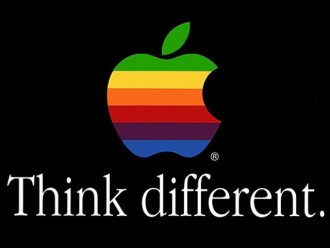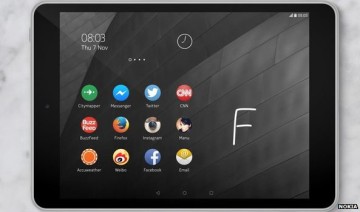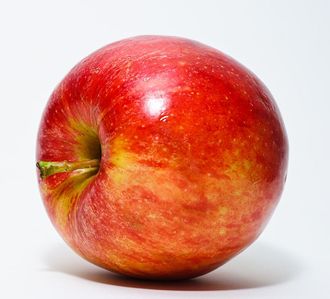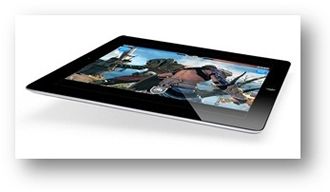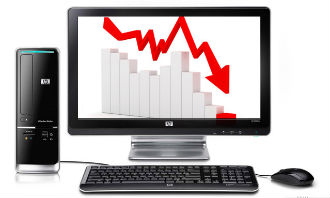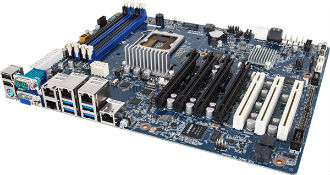 Hon Hai – a Taiwanese firm also known as Foxconn, said that its fourth quarter profits rose to $1.8 billion on the back of the success of Apple’s iPhone.
Hon Hai – a Taiwanese firm also known as Foxconn, said that its fourth quarter profits rose to $1.8 billion on the back of the success of Apple’s iPhone.
Hon Hai makes most of Apple’s iPhones and has been criticised in the past for harsh employment practices.
But Bloomberg estimates, based on yearly results filed on Taiex – the Taiwanese bourse today – is far higher than financial analysts originally estimated.
Bloomberg claims the profits have been generated by iPhone 6 phones, which saw a surge in sales since their launch in Autumn last year. It believes half of Foxconn’s revenues are generated by Apple business, although there’s no hard and fast evidence for that.
But while Hon Hai may have turned in a rather healthy profit, its operating margin was only about 4.2 percent. Generally speaking, Taiwanese manufacturers of electronic devices have very slim margins indeed – not anything like the kind of margins Apple itself generates.
Although Foxconn’s Terry Gou had forecast growth of 10 percent in its full financial year, the actual growth was only 6.6 percent, Bloomberg reports.
